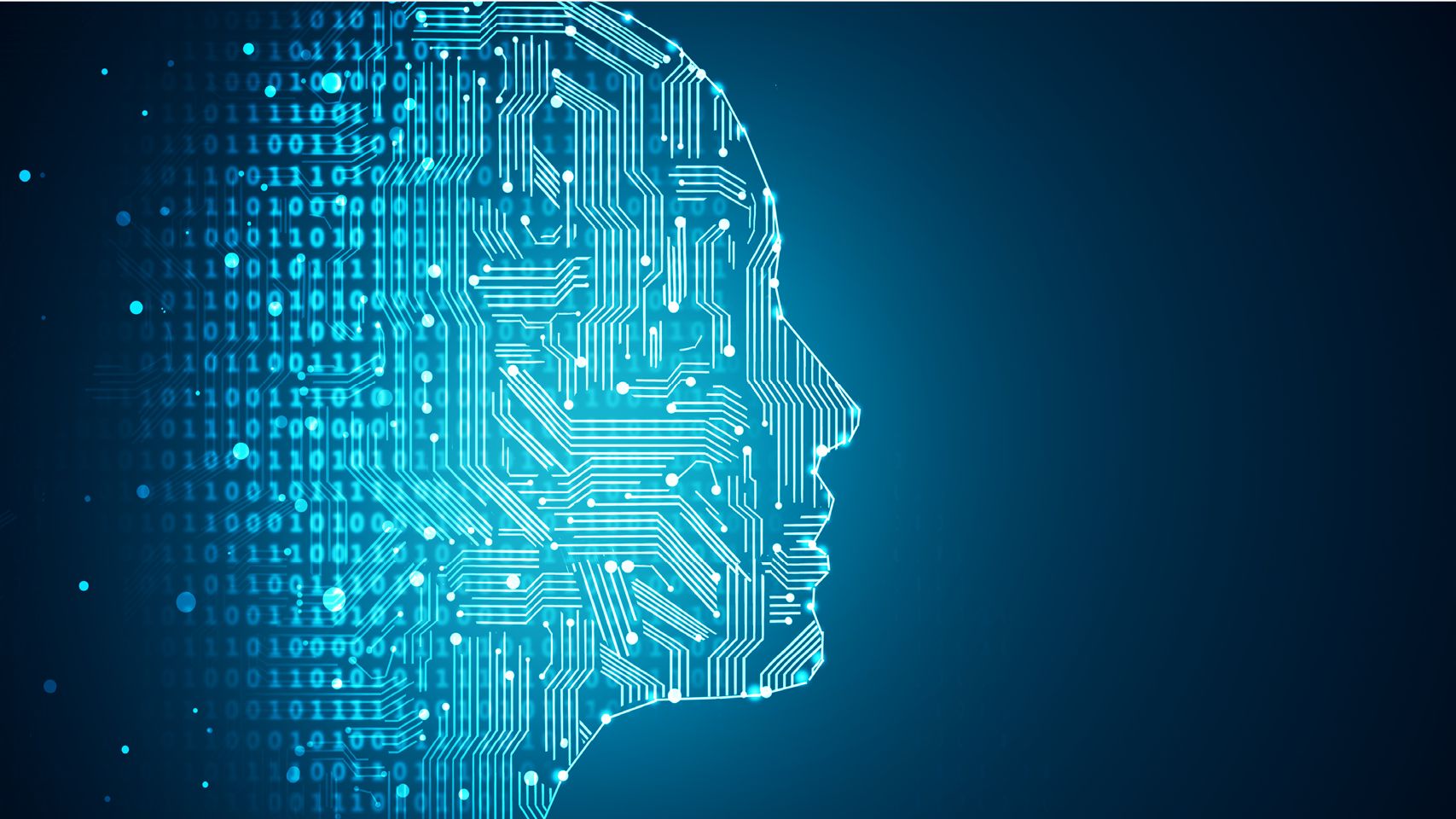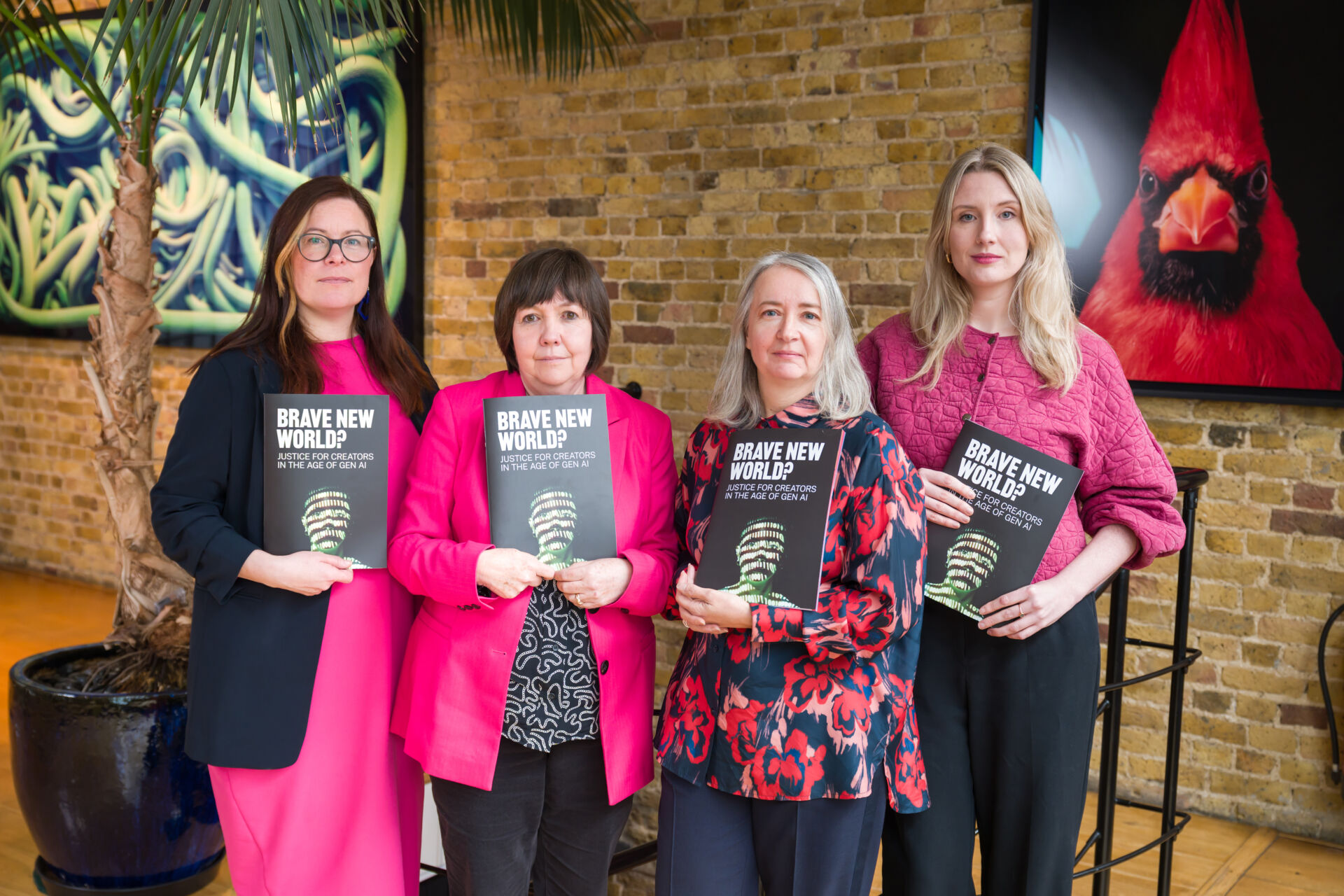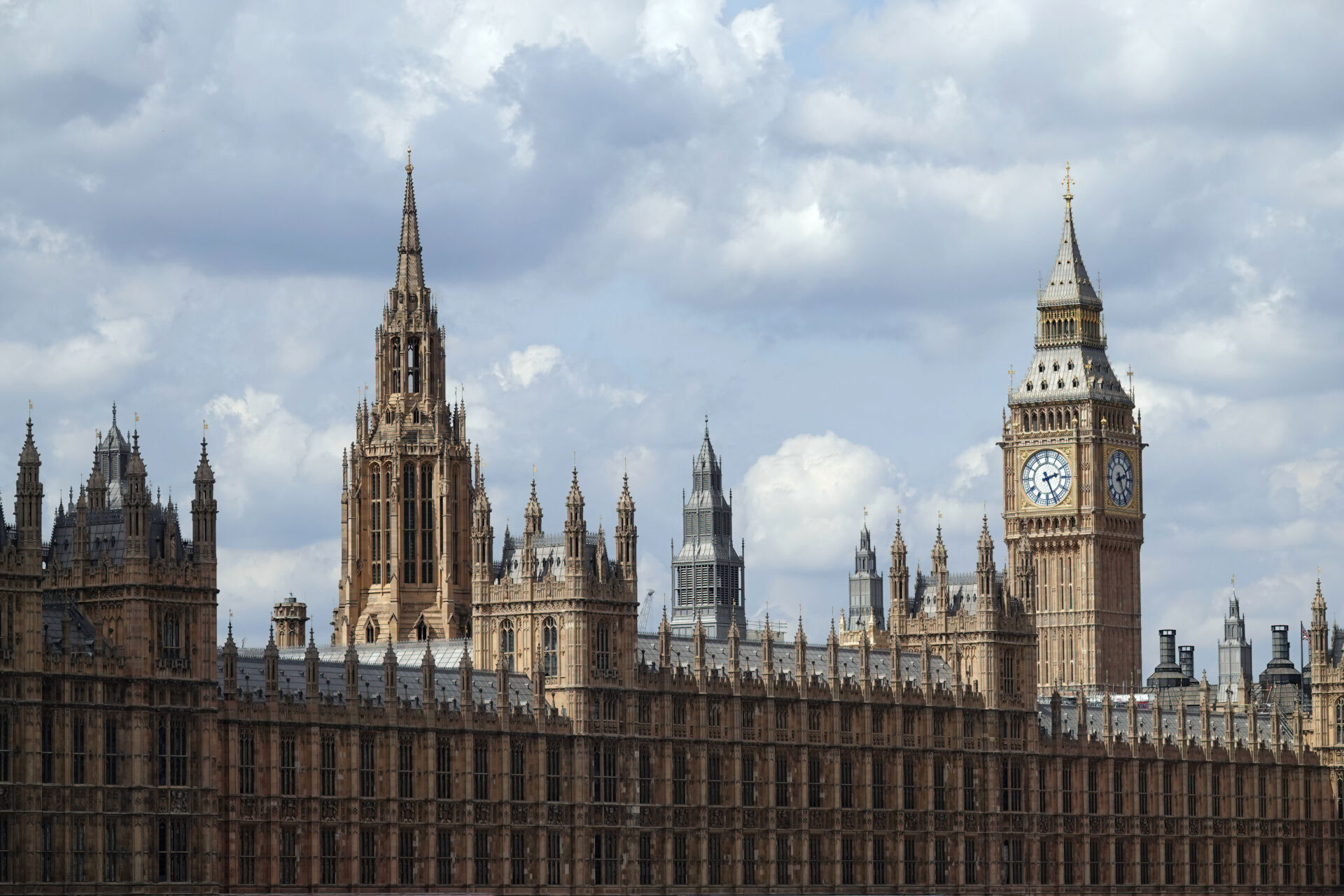Taken from the upcoming edition of The Author (Summer 2025 – vol 136.2)
A writer using some kind of ‘assistance’ to get them out of a creative rut is nothing new. Some of my personal favourites were known abusers of all kinds of mind-altering substances, beyond the minimum of three coffees I know it always took to get me firing when I was writing my book, How to Beat Scammers.
I don’t think there is anything wrong with using the tools you need to get yourself out of the creative door. The key, for your sales and reputation, is that it doesn’t come at the cost of a worsened experience for the reader. But based on my experience of investigating the increasing use of AI to ‘create’ what I’d loosely term ‘books’, which are then sold on Amazon, this is far from true.
To make matters worse, the single largest publishing platform on the planet seems to be absolutely flooded with books that are not only entirely AI-generated, but not attributed as such – despite Amazon’s stated position that ‘we require you to inform us of AI-generated content’.
Many of these books are biographies of celebrities – even going as far as to use AI-generated approximations of the celebrities themselves as covers, to avoid paying any pesky image rights. When you see them in the search results, the feeling is of a kind of uncanny valley lookalike gallery, where no one is quite who they claim to be. The problem, of course, is that they’re all trying to pass themselves off as the real thing.
My research into this subject started with a film I presented for BBC Morning Live in January. In making the film we found one, again, loosely termed ‘author’, who had published 80-something books of this nature in the previous 12 months. They had no online presence. No headshot, no history of other published works. To anyone looking hard enough it’s pretty clear that they didn’t exist.
This isn’t just assistance – this is automation. Don’t doubt for a second that it’s eating into the vanishingly small bottom line of publishing houses and authors alike. As a journalist who has spent the past 11 years of their career dealing almost exclusively in the world of scams and fraud, it got my radar beeping in a loud, this-is-annoying-me fashion.
These barely-books are, it’s pretty clear to me, scammers cashing in on an open goal. Many run at around 100–120 pages, but what isn’t clear unless you investigate more deeply is that often that’s 100 pages of font size 16 with gigantic indentations on both sides. This is classic scammer window-dressing, intended to sell any prospective buyer that little bit better on the idea that they’re paying for something real.
Many AI-generated celebrity biographies are cynically timed to coincide with the release of actual books. It’s an obvious ruse. And then you start reading the reviews written by the poor people who have actually paid money for them.
By way of example, Boris Johnson’s autobiography Unleashed was publishedon 10 October 2024. If you search for ‘Boris Johnson biography’, what do you find third in the results? An-AI generated text of 110 pages entitled Boris Johnson Biography: Unfiltered Truth, with a release date of 7th October. This AIthor has at least gone to the trouble of using a real picture of Johnson’s face. Maybe they even paid for the image rights.
The reviews? Not great: ‘This isn’t the genuine item, it’s only 20 pages – it’s a scam, don’t buy!’. Or: ‘I put one star because you aren’t allowed to put lower. This book written by AI. A total scam. Do not buy.’ I went to the trouble of reading a sample and of course it is the most repetitive psychobabble you can imagine. A Wikipedia page regurgitated by a machine that just passed its GCSEs.
Unfortunately, a few people have paid £9.99 for the privilege of owning this highly dubious text. To me, they would be quite entitled to ask Amazon for their money back. This practice has all the hallmarks of a scam, and it’s one of who-knows-how-many of the same ilk that slip through the net day after day, week after week.
At this extremely scammy end of the spectrum, in my opinion it’s fairly obvious Amazon should, and could do better at ensuring the quality of the books it is allowing to be sold.
There is of course a spectrum here. I hope it would be obvious to anyone reading this that there isn’t any justification for what I’ve just described. But could there even be room for AI in literature, appropriately attributed and appropriately used?
As it happens, although it was very much to prove a point, I allowed ChatGPT to write about 250 words of my book. It was the opening of the chapter on AI and Scams, and I used it to demonstrate to the reader quite how good (is that the right word?) AI can be with the right prompts and careful management, and as such how concerned they should be about its use in the world of scams. For me, it was a device, something to help me make a point creatively and which I hoped would stick it in the reader’s mind effectively. In the circumstances, I thought it was just about within the boundaries of acceptability – partly because I was transparent about it. I revealed at the end of the intro that it had been written by AI.
The Authors Guild’s recent idea of reverse-engineering the solution and tagging books that are absolutely 100% written by a human being as ‘Human Authored’ is one way of trying to cut the wheat from the chaff. But where does it leave those who might use AI in the same creative inspiration way that, say, Hunter S. Thompson did narcotics? Should his books have had ‘Drug-Assisted’ on the front because of his habits? Ultimately, an AI assist used in a very creative way could be seen as not entirely different.
None of my musings on the ethical vagaries of the AI assist even touch on the issue of big tech using human authored text to train AI. This was for me perfectly summed up by AI researcher Toby Walsh in The Guardian, who described it as a ‘digital heist’ and a far worse crime than perpetrated by Napster on the music industry in the early noughties. It seems beyond the pale that a multi-billion-pound industry could be getting its hands on works published by all manner of businesses, big and small, whose margins are tight and whose authors’ margins are inevitably tighter, absolutely gratis.
What we need is a safe and structured system for using the tools available, which gives clarity to the reader and security to the writer. It must not stymy creativity and must certainly not allow the free-for-all we are currently experiencing online, where even an entirely AI-generated and almost worthless product can be mixed in with something an actual person has spent countless hours toiling to create.
There must also be a similarly robust set of rules around how our human-authored content is then used to inform AI, and for us to be paid for it should it happen. I am not saying I know what that looks like, it isn’t my place. That is for the industry to decide for itself.
Richard Combes, of the Authors’ Licensing and Collecting Society makes the point that while there is no definitive standard, Amazon setting a three-book-per-day limit on authors self-publishing new titles suggests ‘the AI-assisted standard is a low bar’. He suggests that perhaps we could look to copyright law to find where the real lines lie.
At the moment that means work must be original, which in the context of copyright means it should reflect the author’s own intellectual creation. A recent report from the US Copyright Office suggested that AI-assisted works can only be treated case by case. Providing prompts alone, in the US at least, is not enough to claim copyright, and purely AI-generated works cannot be protected. Those sound like good parameters to me.
The UK government is considering the responses to their AI consultation, and the result may eventually determine whether or not we will create specific regulations to label works as assisted or entirely generated by AI. Meanwhile, authors and customers are reliant on Amazon’s policies, and their questionable enforcement.
The SoA asked Amazon about AI-generated books. We are grateful to them for their responses. These are the key points they made:
What is Amazon’s policy on labelling/attribution of partly or wholly AI-generated books?
Our Kindle Direct Publishing book content guidelines require that authors and publishers accurately inform us if their content is AI-generated. At this time, we are not displaying information about AI-generated book content to customers.
We understand that Amazon sets a three-books-per-day limit for self-published authors. Is this a low bar?
While we have not seen a spike in our publishing numbers, we lowered the volume limits we have in place on new submissions from KDP publishers to help protect customers against abuse.
How many AI-generated books has Amazon removed from sale in the UK?
It is unclear where the line would be drawn for what level of use of AI writing tools would designate a book ‘AI-generated’, so this feels unknowable.
If a reader/buyer complained, on the grounds that a book is AI-authored, and/or not of a quality that reflects the price paid, would their money be refunded? Customers can use the ‘Report an Issue’ section to report content that provides a disappointing customer experience, whether AI-generated or not. We allow e-book returns up to 14 days after purchase in the UK & EU.






